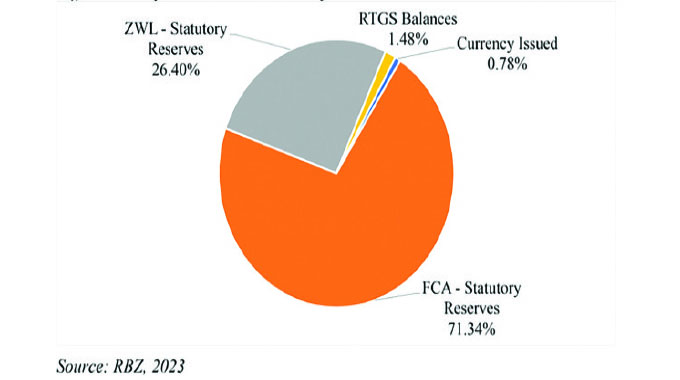Zim signs Tobacco Control treaty
Zimbabwe has acceded to the World Health Organisation Framework Convention on Tobacco Control (WHO FCTC), a treaty meant to reduce demand for tobacco globally. President Robert Mugabe signed the WHO FCTC on July 16 this year. The FCTC is a legally binding international treaty, which entered into force on February 27, 2005 and provides a fundamental turning point in reducing tobacco use and its consequences around the world.
To date, 176 countries have signed and ratified the treaty.
The FCTC requires countries that have ratified it to implement scientifically proven measures to reduce use of tobacco and the harm that it causes.
Among its obligations, the treaty commits countries to ban or restrict tobacco advertising, promotion and sponsorship and to place large graphic health warnings on cigarette packs.
The treaty also commits members to implement measures to protect non-smokers from second hand smoke, increase the price of tobacco products to discourage its use, eliminate the illicit trade of tobacco products as well as regulate the content of tobacco products and require public disclosure of ingredients.
It also proposes that governments should assist tobacco producers, assuming that they will be under long term impacts with the reduction in demand for tobacco.
Tobacco Industry and Marketing Board chief executive officer Dr Andrew Matibiri confirmed the accession to the framework convention and said growers should not see signing of the treaty as bad news.
“We will now be able to participate in all discussions at that level and we will be able to put our voice across and our considerations will be heard,” he said.
Matibiri said procedures for the deposition of the signed treaty at the United Nations Headquarters were already underway.
Zimbabwe will however not be a full member of the Convention of the Conference of Parties to be held in Moscow from October 13 to 18 this year.
This is because to become a party to the Protocol, parties to the WHO FCTC that have signed need to deposit an instrument of ratification or approval with the secretary general of the United Nations at the Headquarters in New York.
The protocol will enter into force on the 90th day following the date of deposit of the instrument of ratification, acceptance, approval, formal confirmation or accession with the depositary.
An expert who spoke to New Ziana however said acceding to the treaty does not mean Zimbabwe would ban growing of tobacco.
“Before accession we were not able to defend our tobacco growers but now that we are members it means we are also going to have our voice heard on issues that can affect Zimbabwean tobacco as opposed to then when we lacked the legitimacy to attend any discussions,” he said.
The expert, who requested not to be named, said Zimbabwe was not a consumer of tobacco so most of the clauses of the FCTC did not affect growing of the crop.
Tobacco is one of Zimbabwe’s major agricultural exports, accounting for 10, 7 percent of gross domestic product.
Zimbabwe cannot afford any ban or restrictions on tobacco as it is heavily dependent on revenue from exports of the crop.
The country produced at least 213, 2 million kgs of tobacco worth $676 million this year from over 106 455 registered growers.
About 98 percent of the tobacco grown in Zimbabwe is exported while about 17 percent of the local workforce is employed in the sector.
An estimated 250 000 people are directly employed in the production of tobacco with the figure excluding downstream and ancillary businesses such as the auction floors, transport and the processing plants – New Ziana.






Comments